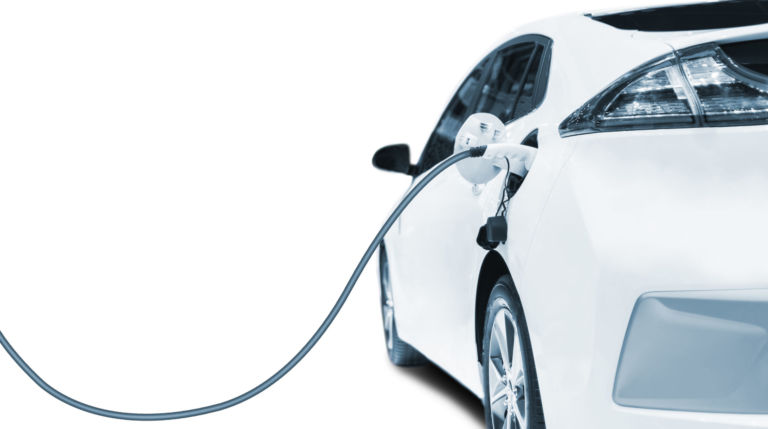Andrew Stuttaford of National Review Online explains how Britain’s central planners are setting the stage for a repeat of a clear Cuban failure.
Central planners across the Western world — from the British Conservative Party to the Biden administration — are doing their best to force buyers of new cars to switch to electric vehicles (EVs). But what if consumers prefer to stick with “traditional” cars that are more closely tailored to their needs? Something tells me that, unless regulators get involved — spoiler, they probably will — the afterlife of the internal-combustion engine will last far longer than the planners would like, raising the prospect that, as has been the case in Cuba, another scene of central planning triumph, ancient cars will be driving around for a long, long time.
The Daily Telegraph:
“The cars on Britain’s roads are getting older and older as net zero plans leave drivers in a tizz about what new vehicles to buy.
“About 5.3 million cars are 15 years old or older, according to figures from car marketplace Auto Trader, up from just 1.7m in 2001. The number is on track to rise to 9.3m by 2032.
“Cars are ageing in part because of a squeeze on production, which started during the pandemic and is only now beginning to end. Manufacturing issues led to higher prices and prompted motorists to hold onto their vehicles for longer than they otherwise would.” …
… The math, such as it is, of the switch to EVs used to be that auto companies would, at least partly, pay for the capital investment needed to enable them to manufacture EVs on a sufficient scale with the profits made in their “legacy” business. That model probably hasn’t survived the new FDA regulations. The possible reluctance of would-be purchasers of conventional cars to stick with the ones they already have is an extra twist.


